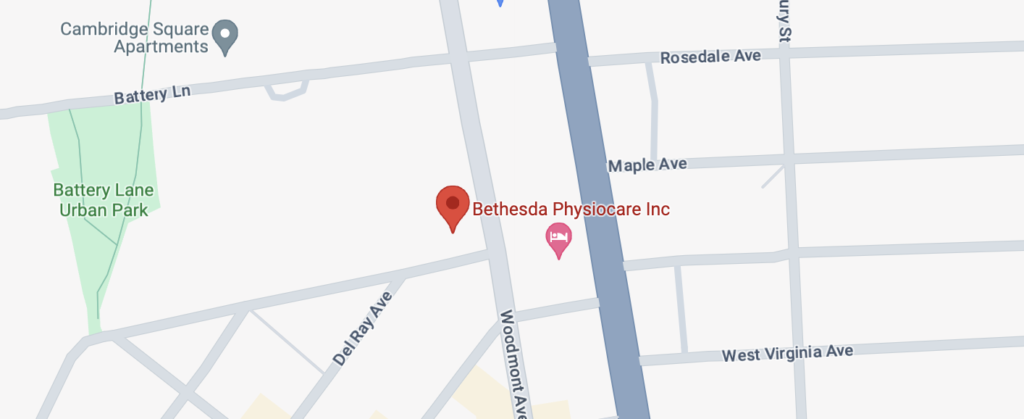
Complex Regional Pain Syndrome (CRPS) is a challenging and often debilitating condition that affects the limbs, typically after an injury or surgery. Managing CRPS requires a comprehensive approach that encompasses both medical and physical therapy interventions. In this blog, we’ll explore the most up-to-date evidence-based treatments for CRPS and how physical therapy can play a crucial role in improving the quality of life for individuals living with this condition.
If you are looking for relief from CRPS with the help of physical therapy in Bethesda, Bethesda Physiocare can help. Contact us online or call (301) 656-5613 today to learn more about our services.
What is CRPS?
CRPS is characterized by chronic, severe pain that can affect one or more limbs. It often presents with symptoms such as:
-Constant, intense pain
-Swelling and changes in skin temperature and color
-Abnormal sweating and hair/nail growth
-Motor dysfunction and muscle atrophy
While the exact cause of CRPS remains uncertain, it’s believed to involve an abnormal response of the nervous system to injury. The condition is classified into two types:
– CRPS-I (without confirmed nerve injury)
and
-CRPS-II (with confirmed nerve injury)
Evidence-Based Physical Therapy Interventions
Physical therapy in Bethesda is an essential part of managing CRPS. Evidence-based treatments can help reduce pain, improve mobility, and enhance overall function. Here are some key physical therapy interventions:
Graded Motor Imagery (GMI):
GMI is an approach that involves the progressive engagement of the affected limb through visualization and sensory discrimination exercises. This helps “retrain” the brain’s perception of the limb, potentially reducing pain and improving function.
Mirror Therapy:
In cases where GMI isn’t suitable, mirror therapy can be an effective alternative. This involves using a mirror to create the illusion of movement in the affected limb, stimulating neural pathways and reducing pain.
Desensitization:
Sensory desensitization techniques, such as gentle massage, tapping, or brushing, can help desensitize the affected limb to touch, reducing hypersensitivity and pain.
Dry Needling & Manual Therapy:
Therapeutic interventions such as manual therapy and dry needling can be useful to decrease sensitization and increase the body’s natural ability to dampen pain. Many times, dry needling can be utilized in areas away from the symptomatic region and have a direct effect on pain levels. This phenomenon can be attributed to neural convergence and referred pain pathways.
Graded Motor Exercises:
Gradually reintroducing controlled, pain-free movements to the affected limb can help improve strength, flexibility, and overall function. These exercises should be tailored to each patient’s specific needs and limitations.
Externally-Focused Exergaming:
One of the most effective strategies for graded motor exercise is to use externally-focused exercise. Our clinic specializes in using state-of-the-art technology and virtual reality for therapeutic exercise. Altering the focus of control while exercising can improve outcomes and decrease pain/apprehension. Ultimately, this can lead to changes in the brain that are associated with recovery from CRPS.
Stellate Ganglion Block (SGN) with Therapy:
In some cases, SGN injections can provide pain relief. Combining SGN with physical therapy can enhance its effectiveness by helping patients regain function and mobility as pain decreases.
Conclusion
Managing CRPS is a complex and challenging journey. Evidence-based physical therapy interventions, combined with a multi-disciplinary approach, can significantly improve the quality of life for individuals living with this condition. It’s important for patients and healthcare providers to work together to develop a personalized treatment plan that considers the specific needs and limitations of the individual.
If you or a loved one are living with CRPS, don’t hesitate to seek help from Bethesda Physiocare, who are experienced in treating this condition. By staying informed and engaged in your treatment, you can work towards managing CRPS and improving your overall well-being. Remember that while CRPS may be a formidable adversary, with the right support and evidence-based interventions, there is hope for better days ahead. Call (301) 656-5613 today to get started.



